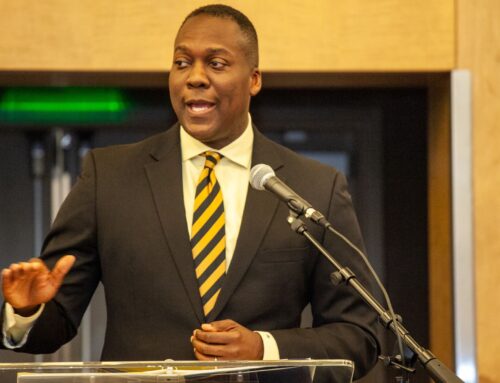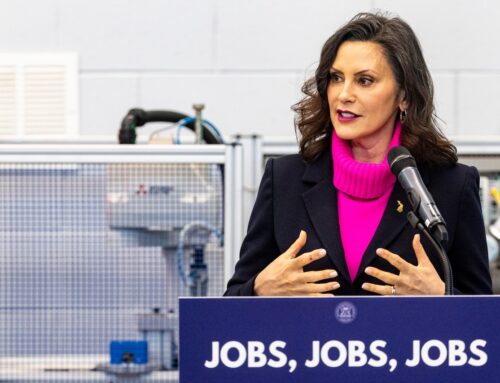OpenAI is betting millions on building AI talent from the ground up amid
July 5, 2025
In Silicon Valley’s white-hot race for artificial intelligence supremacy, mind-boggling pay packages are part of the industry’s recruitment push. At OpenAI, however, the company’s residency program is tackling attracting and keeping top talent by looking outside of the industry altogether.
The six-month, full-time paid program offers aspiring AI researchers from adjacent fields like physics or neuroscience a pathway into the AI industry, rather than recruiting individuals already deeply invested in AI research and work. According to Jackie Hehir, OpenAI’s research residency program manager, residents aren’t those seeking Ph.Ds in machine learning or AI, nor are they employees of other AI labs. Instead, she said in a program info session, “they’re really passionate about the space.”
So what’s in it for OpenAI? Hot talent at cut-rate prices. While the six-figure salary puts OpenAI residents in the top 5% of American workers, it’s a bargain in the rarefied world of AI, where the bidding war for talent has some companies tossing around nine-figure bonuses.
By offering a foothold into the AI world, OpenAI appears to be cultivating talent deeply embedded in the company’s mission. This strategy, spearheaded by CEO Sam Altman, has long been part of the company’s approach to retaining employees and driving innovation. One former OpenAI staffer described the employee culture to Business Insider as “obsessed with the actual mission of creating AGI,” or artificial general intelligence.
Mission driven or not, OpenAI’s residents are also compensated handsomely, earning an annualized salary of $210,000, which translates to around $105,000 for the six-month program. The company also pays residents to relocate to San Francisco. Unlike internships, the program treats participants as full-fledged employees, complete with a full suite of benefits. Nearly every resident who performs well receives a full-time offer, and, according to Hehir, every resident offered a full-time contract so far has accepted. Each year, the company welcomes around 30 residents.
The qualifications for residents at OpenAI are somewhat unconventional. In fact, the company claims there are no formal education or work requirements. Instead, they hold an “extremely high technical bar” at parity to what they look for in full-time employees as it pertains to math and programming.
“While you don’t need to have a degree in advanced mathematics, you do need to be really comfortable with advanced math concepts,” Hehir said.
As OpenAI attempts to build talent from the ground up, its rivals, namely Meta, are pulling out all the stops to poach top AI talent with reports alleging that Meta CEO Mark Zuckerberg personally identified top OpenAI staff on what insiders dubbed “The List” and attempted to recruit them with offers exceeding $100 million in signing bonuses.
Meta’s compensation packages for AI talent can reportedly reach over $300 million across four years for elite researchers. The flood of cash has ignited what some insiders call a “summer of comp FOMO,” as AI specialists weigh whether to stay loyal to their current employers or leave for record-breaking paydays.
Zuckerberg’s methods have had some success, poaching a number of OpenAI employees for Meta’s new superintelligence team. In response to news of the employees’ departure, OpenAI’s chief research officer, Mark Chen, told staff that it felt like “someone has broken into our home and stolen something.”
Meanwhile, OpenAI CEO Sam Altman called Meta’s recruitment tactics “crazy,” warning that money alone won’t secure the best people. “What Meta is doing will, in my opinion, lead to very deep cultural problems,” Altman told employees in a leaked internal memo this week.
Ultimately, cultivating new talent, rather than trying to outbid the likes of Meta, may prove a more sustainable path for OpenAI in its quest to stay highly mission-oriented while supporting an industry grappling with a scarcity of top-tier talent. Estimates suggest there are only about 2,000 people worldwide capable of pushing the boundaries of large language models and advanced AI research. Whether the talent cultivated by Altman and OpenAI will remain loyal to the firm remains unknown. But Altman says that AI “missionaries will beat mercenaries.”
Introducing the 2025 Fortune 500, the definitive ranking of the biggest companies in America. Explore this year’s list.
Search
RECENT PRESS RELEASES
Related Post



